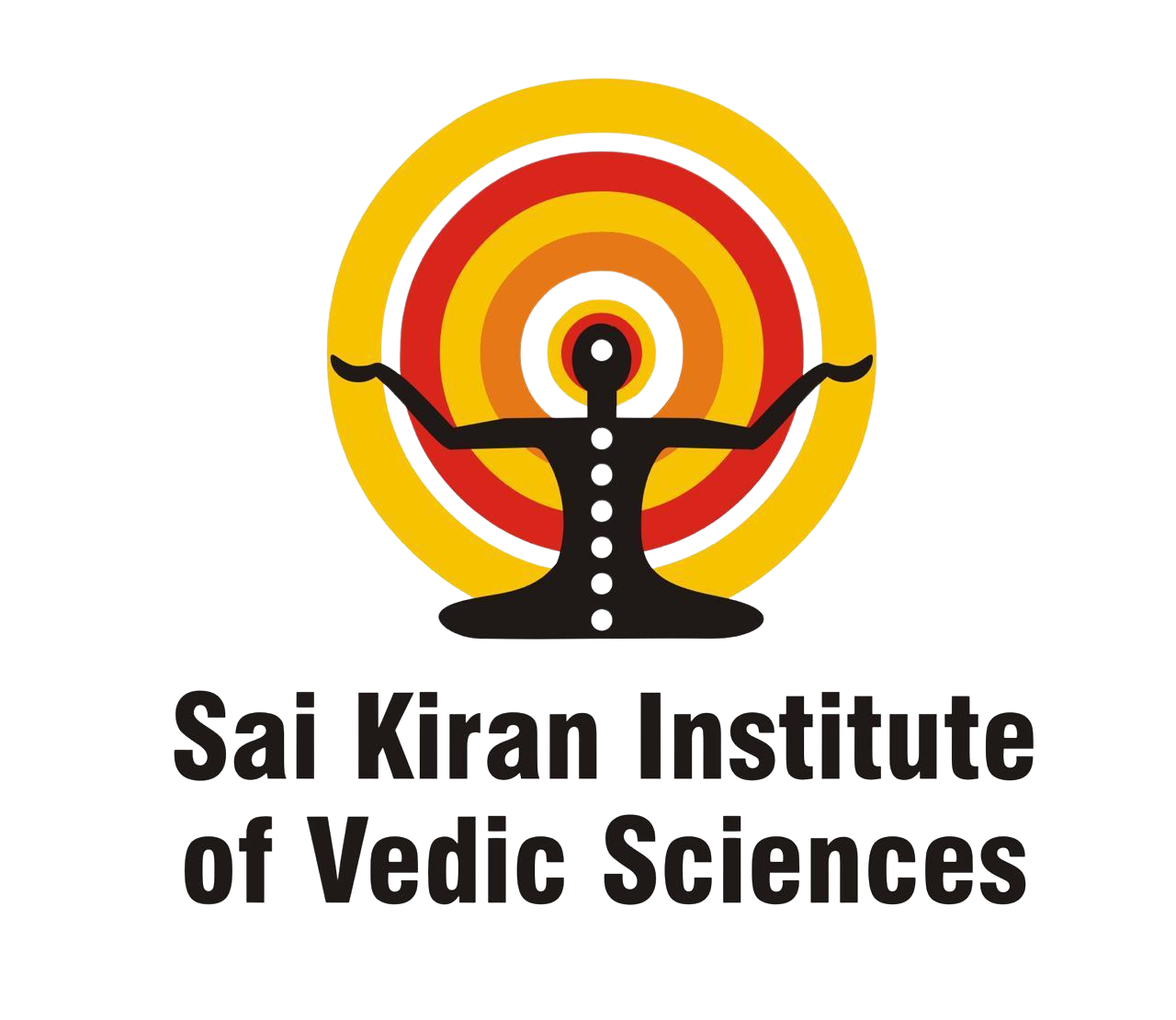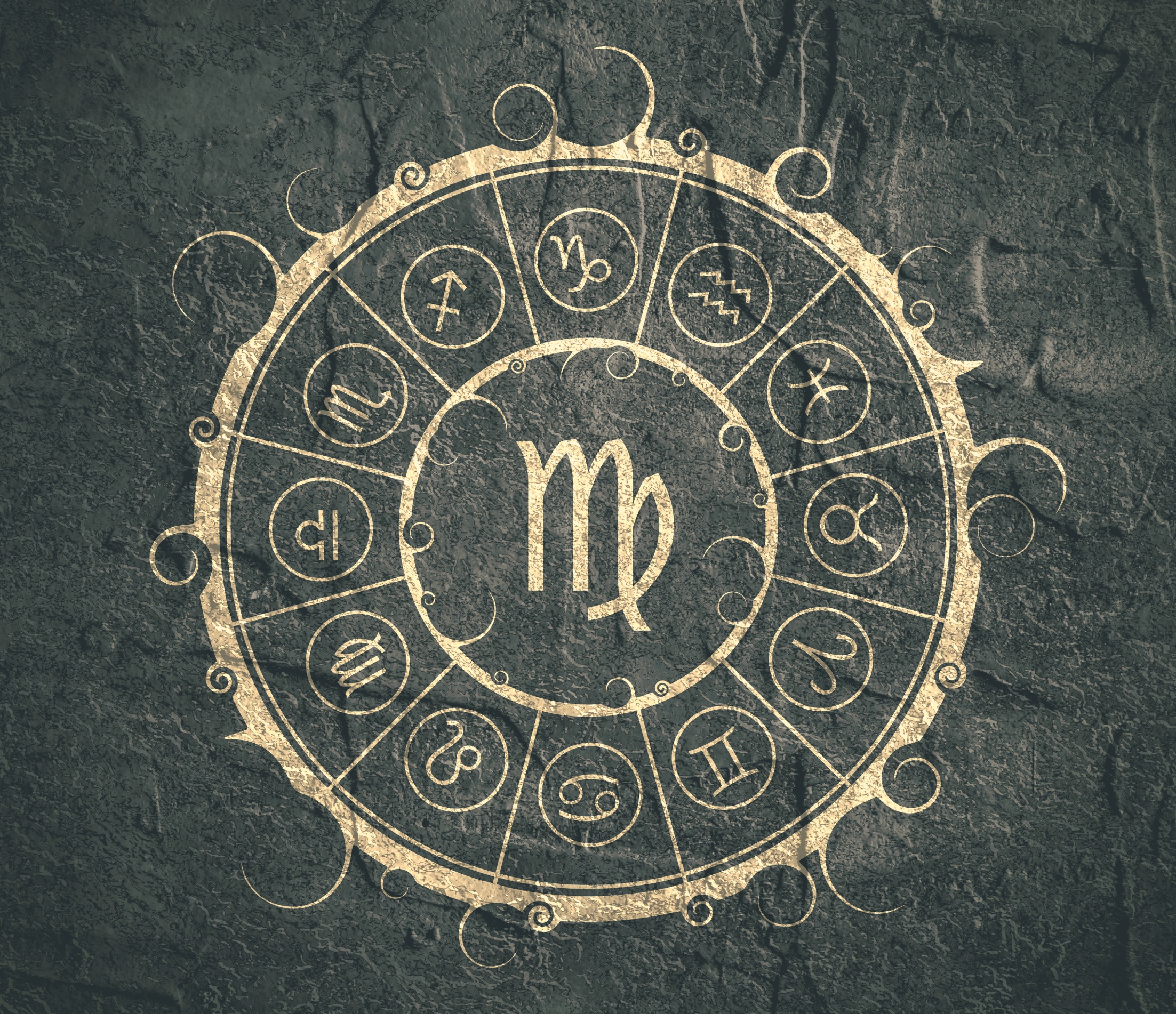Self-empowerment. It’s a buzzword thrown around often, but what does it truly mean? Can self empowerment in psychology achieved?
Have you ever picked up a self-help book, felt a surge of motivation, and then, just a few weeks later, found yourself back at square one, wondering what went wrong? Or maybe you’ve attended workshops and seminars, hoping to uncover the secret formula to personal success, only to feel more lost than before. If this sounds familiar, you’re not alone.
Or maybe you’ve attended workshops and seminars, hoping to uncover the secret formula to personal success, only to feel more lost than before. If this sounds familiar, you’re not alone.
Many of us, especially in our 20s to 50s, find ourselves on a relentless quest for empowerment and self-improvement, only to be met with temporary solutions that don’t address the deeper issues at play.
What if the key to true empowerment lies beyond the surface level of affirmations and quick fixes? What if unlocking your authentic power involves delving deeper, into the hidden landscape of your psychology?
The truth is, true empowerment isn’t just about mastering the latest productivity hacks or positive thinking techniques. It’s about diving deep into the hidden psychology of our minds and behaviors to unlock a well of power that’s been within us all along.
Choose to delve deeper, understand your “why,” and unlock the power within. Let psychology be your guide, and therapy your partner in growth. In this blog post, we’ll explore what lies beyond conventional self-help, why we often feel disillusioned with these methods, and how understanding the intricate workings of our psyche can lead to lasting change.
Unlocking Your True Potential
As you explore your inner world, you’ll begin to understand the “why” behind your thoughts and actions. This self-awareness is your key to unlocking your true power. It will bring you closer to the concept of self empowerment in psychology. You’ll discover:
- Authenticity: Living in alignment with your true self, values, and desires.
- Resilience: The ability to bounce back from challenges and setbacks.
- Confidence: Belief in your abilities and the courage to pursue your goals.
- Agency: Taking control of your life and making choices that empower you.
The Limitations of Traditional Self-Help
Before we delve into self empowerment in psychology, it’s important to understand why many self-help approaches fall short.
We’ve all experienced moments where sheer willpower falls short. Why? Because our behavior is often driven by unconscious patterns, limiting beliefs, and past experiences buried deep within our psyche. It’s like trying to navigate a jungle with just a compass – you might have the direction, but hidden obstacles can trip you up.
Surface-Level Solutions
One of the most common criticisms of traditional self-help is that it tends to offer one-size-fits-all advice that skims the surface of deeper issues. While tips for improving productivity or boosting self-esteem can be helpful, they often don’t address the underlying beliefs and patterns that sabotage our efforts.
Lack of Personalization
Each person’s journey to empowerment is unique, shaped by individual experiences, struggles, and goals. Yet, many self-help resources fail to account for this diversity, offering general advice that may not resonate with or apply to everyone.
Temporary Motivation
Ever felt a burst of motivation after reading an inspiring self-help book, only for it to fade away? That’s because motivation, while powerful, is fleeting, and without understanding how to sustain it through self-awareness and habit formation, we’re likely to revert to our old ways.
Exploring Self Empowerment in Psychology
Self empowerment in psychology goes beyond motivational quotes and productivity hacks. It involves a deep dive into our psychology, uncovering the mental and emotional blocks that keep us from reaching our full potential.
The Role of the Subconscious Mind
Our subconscious mind plays a huge role in our behavior and decision-making processes. Many of our limiting beliefs and fears reside here, below the surface of our conscious awareness. By bringing these to light and challenging them, we can begin to make profound changes in our lives.
Breaking Free from Limiting Beliefs
Limiting beliefs are those negative thoughts about ourselves and our capabilities that hold us back. Whether it’s a belief that we’re not good enough, not smart enough, or not deserving of happiness, these thoughts can be deeply ingrained. Identifying and working through these beliefs is crucial for true empowerment.
Emotional Intelligence and its Impact
Understanding and managing our emotions is another key aspect of unlocking our true power. Emotional intelligence allows us to navigate our feelings, understand others better, and respond to situations in a way that serves our best interests. It’s a crucial skill in both personal and professional settings.
Strategies for Deep Psychological Empowerment
Now that we’ve discussed what true empowerment entails and why it’s about more than just surface-level changes, let’s dive into some strategies for achieving it.
Mindfulness and Self-Reflection
Mindfulness and self-reflection are powerful tools in understanding our thoughts, feelings, and behaviors. By becoming more present and observing our inner processes without judgment, we can gain insights into our patterns and begin to make intentional changes.
Journaling for Insight and Clarity
Journaling is another effective way to connect with our inner selves. It can help us to process emotions, uncover hidden beliefs, and track our progress over time. By writing down our thoughts and reflections, we create a personal roadmap of our empowerment journey.
Seeking Professional Help
Sometimes, the journey to understanding our minds and unlocking our true power requires professional guidance. Psychologists and therapists are equipped to help us navigate our mental landscapes and provide the tools and strategies we need for lasting change.
The Role of Community and Support
The journey to self empowerment in psychology doesn’t have to be a solitary one. Building a supportive community, whether it’s through family, friends, or support groups, can provide encouragement, insight, and accountability as we work toward our goals.
The Power of Vulnerability
Sharing our struggles and achievements with others can be incredibly empowering. Vulnerability helps to break down the walls of isolation and connects us with others on a deep, human level. It reminds us that we’re not alone in our challenges and dreams.
The Power of Therapy
This is where therapy can become your guide on a journey of self-discovery and empowerment. A therapist helps you:
- Identify and challenge limiting beliefs, empowering you to create new, supportive narratives.
- Process and heal from past wounds, freeing you from their grip and unlocking your full potential.
- Develop healthy coping mechanisms to manage stress, navigate emotions, and make empowered choices.
Conclusion: The Path Ahead
The journey beyond traditional self-help and into self empowerment in psychology is not always an easy one. It requires courage, perseverance, and a willingness to confront the parts of ourselves that we may have been avoiding. Yet, the rewards of this deep internal work are profound. By understanding and harnessing the hidden psychology of true empowerment, we can break free from the limitations of temporary fixes and embark on a path of lasting growth and fulfillment.
Remember, empowerment is not a destination but a continuous process. As we grow and evolve, so too will our understanding of ourselves and our place in the world. Keep exploring, stay curious, and embrace the journey. The power you’ve been seeking is closer than you think – it’s within you, waiting to be discovered and unleashed.
Whether you’re new to the concept of psychological empowerment or have been on this path for some time, the most important thing is to keep moving forward, one step at a time. Be kind to yourself, celebrate your victories, learn from your setbacks, and never lose sight of the incredible potential that lies within you. The journey to true empowerment is one of the most rewarding adventures you can embark on, and the best part is, it’s only just begun.




